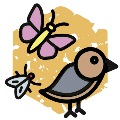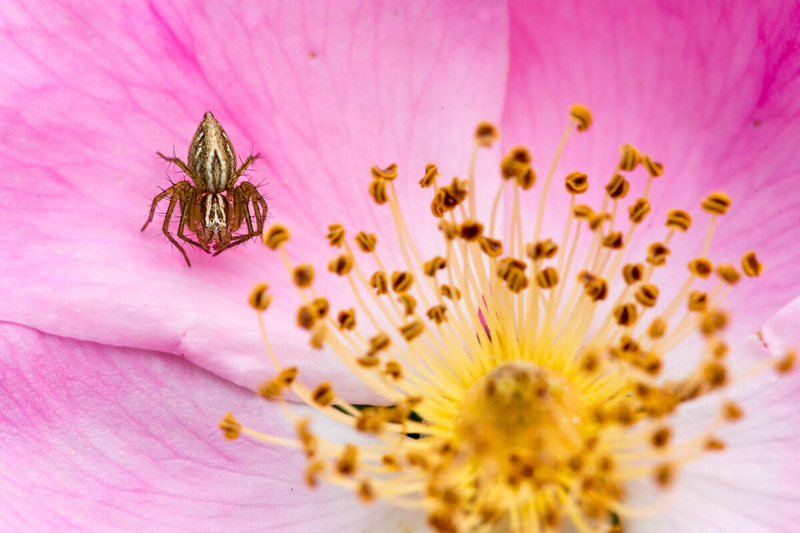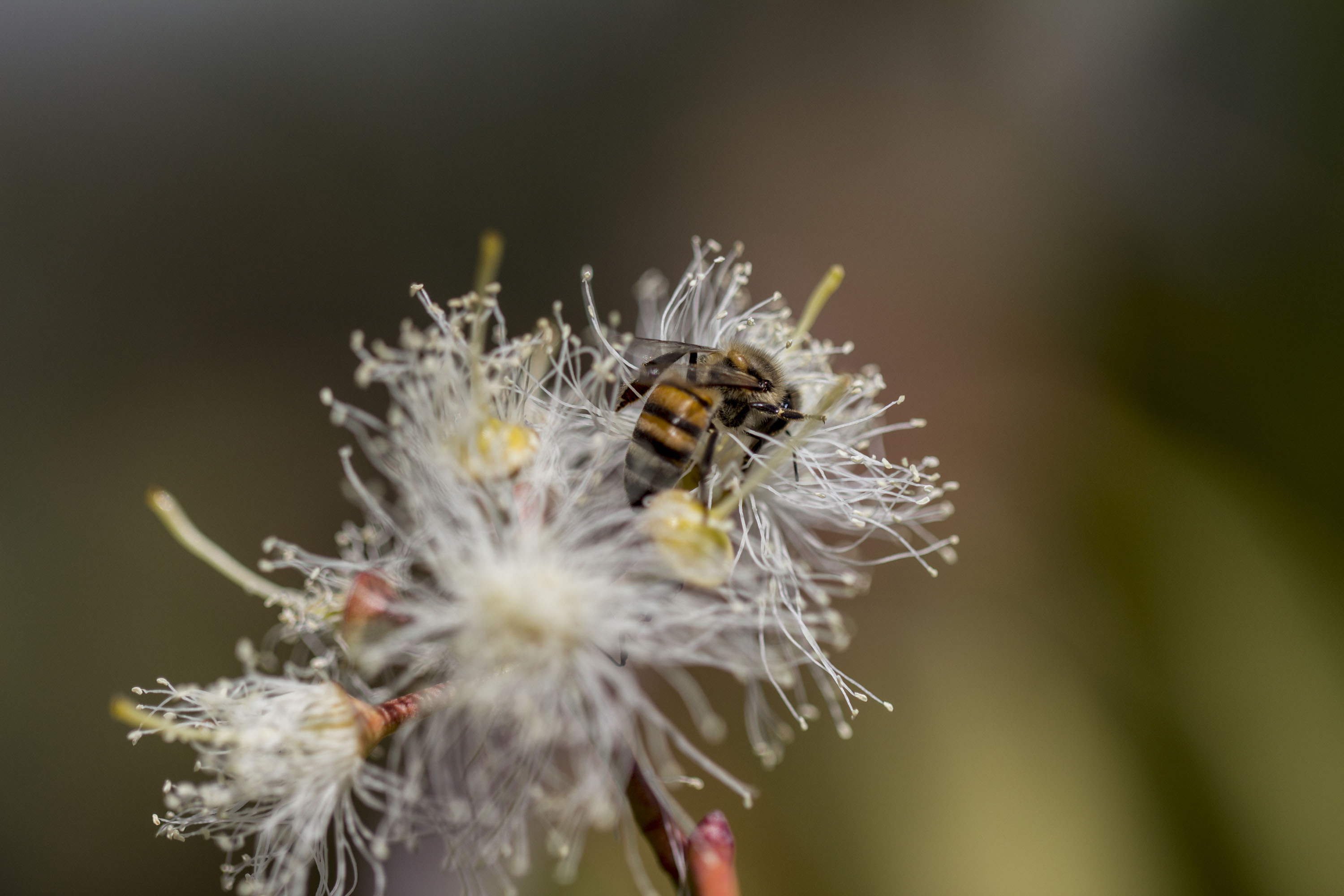Pollinators are the unsung heroes of our ecosystems
In the symphony of nature, every flutter, buzz, and hum plays a vital role in the health of our planet. Pollination services are critical for food production and human livelihoods, and directly link wild ecosystems with agricultural production systems. The vast majority of flowering plant species only produce seeds if animal pollination move pollen from the anthers to the stigmas of their flowers. Without this pollination service, many species and processes functioning within an ecosystem would collapse.

3/4
of the world’s most productive crop plants depend, at least in part, on pollinators.

35%
of world’s crop production (volume) is affected by bees, birds, bats and other pollinators

200 000
species of animals act as pollinators, including over 20 000 species of bees.

The more we know about pollinators and their interactions in agro ecosystems, the more we can understand how to conserve them and maintain biodiversity, ensure ecosystem health, sustainably produce food and improve human livelihoods. Identifying pollinators and understanding their interactions with plants and ecosystems are key to expands the knowledge base and we achieve this by monitoring pollinator declines, pollinator deficits, and assessing socio-economic values.
Managing

Both wild and managed pollinator populations require safe habitats and forage resources in order to survive. Management practices have been identified and tested by farmers, to protect and manage wild pollinator populations. These practices not only benefit pollination ecosystem services, but contribute to crop diversity (biodiversity), soil health and reduced pesticide use, to name a few.
Mainstreaming

Over 80 percent of all flowering plant species are pollinated by animals, mostly insects, and they affect 35 percent of the world’s crop production. Pollination is therefore critical to crop production, and awareness of this essential ecosystem service is important for everyone – the general public including children, farmers, but also decision makers from national to international levels.
Learning

Building capacity of professionals from different sectors is important not only to raise awareness of pollination, but also to deploy technical information on pollinators and their role in crop production. Building capacity through trainings provides opportunities to learn, improve technical capacity and create networks of national and international experts.
Share your contribution

Is your camera roll buzzing with photos of busy bees, fluttering butterflies, or other pollinators in action? Join our mission to celebrate and protect these vital creatures by sharing your best pollinator photos with us.
Pollinators
Pollinators







